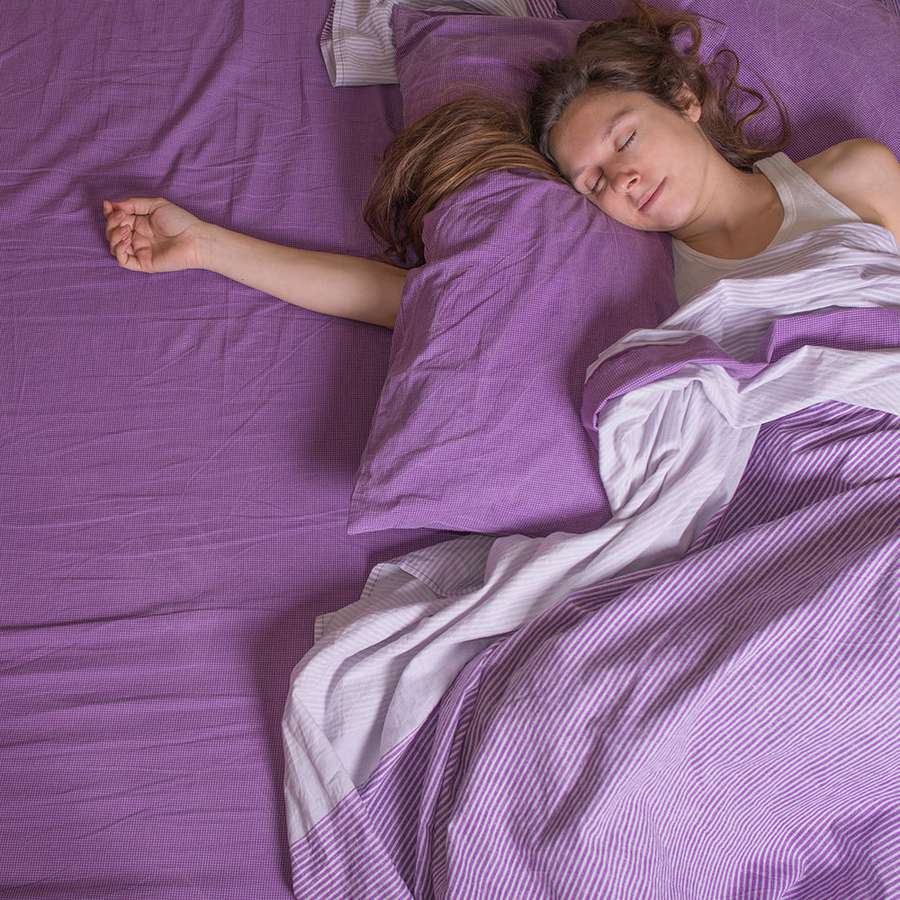
When you’re sweating out late nights at the office and a 7 a.m. spin class beckons, barely squeezing in six hours of sleep a night can feel like a miracle. Still, we try-and even though getting a handle on your sleep schedule can feel like a real b*tch, it has major health benefits, from brighter skin to healthier hearts. (Find out Why Sleep Is the No. 1 Most Important Thing for a Better Body.)
But it’s not about how much sleep you get but when you get it each night, according to a new study from the American Academy of Sleep Medicine
Researchers from the Feinberg School of Medicine at Northwestern University looked at a group of 96 healthy adults between the ages of 18 and 50 who regularly got at least six and a half hours of sleep (we’re jealous). Over a seven day period, they tracked the duration and quality of sleep using wrist monitors as well as overall caloric intake, food choices, and physical activity. (Check out 6 Things Your Body Does While You Sleep.)
Interestingly, the researchers found that delaying your sleep schedule (getting to bed later) led to some poor effects on your health, regardless of the total amount of sleep you got. In the study, participants with late sleep ate more fast food and consumed fewer vegetables than those who hit the hay earlier. They also had lower levels of physical activity.
The participants ended up consuming about the same amount of calories overall (and interestingly those who made a habit of late sleep schedules actually tended to have lower BMIs), but the quality of the calories consumed was way worse for the participants who got to bed late. That's not exactly going to help you crush your fitness goals.
Consider this one more reason to *finally* meet your goal of becoming a morning person. (Psst… Make sure you know about The Strange Way Lack of Sleep Could Be Making You Gain Weight.)
